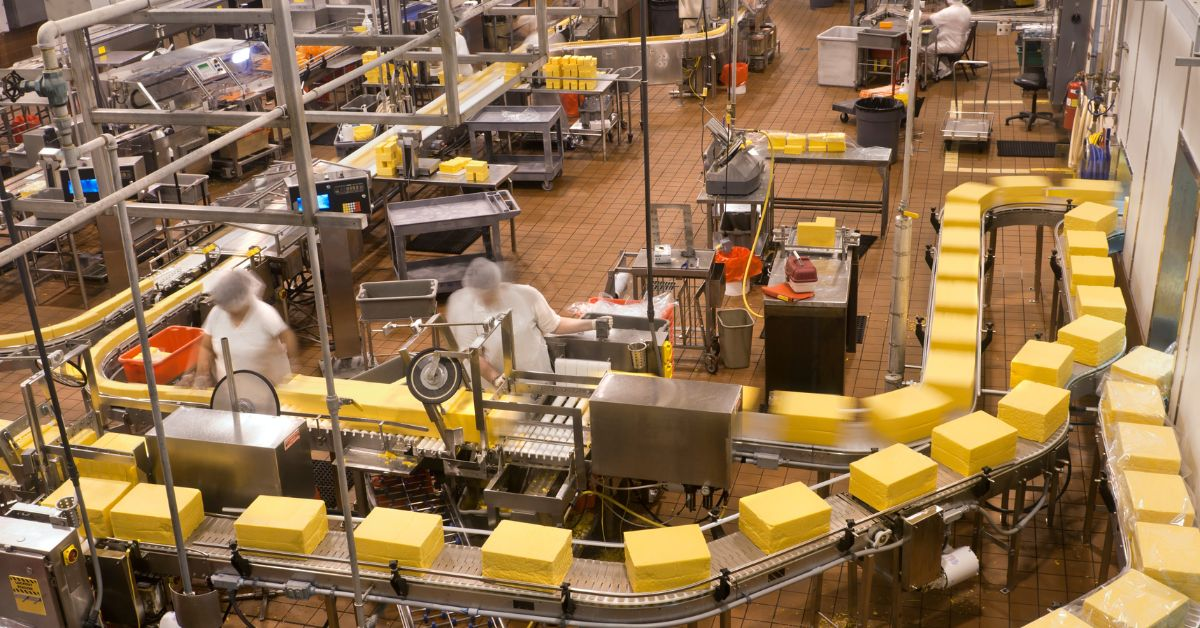 Under FSMA, you are required to have at least one Preventive Control Qualified Individual (PCQI) on your staff at all times to build and manage your food safety plan(s) for your manufacturing facilities. Per the regulation, PCQIs “have successfully completed training in the development and application of risk-based preventive controls at least equivalent to that received under a standardized curriculum recognized as adequate by FDA or be otherwise qualified through job experience to develop and apply a food safety system.” (Subpart C Section 117.180 (c) (1))
Under FSMA, you are required to have at least one Preventive Control Qualified Individual (PCQI) on your staff at all times to build and manage your food safety plan(s) for your manufacturing facilities. Per the regulation, PCQIs “have successfully completed training in the development and application of risk-based preventive controls at least equivalent to that received under a standardized curriculum recognized as adequate by FDA or be otherwise qualified through job experience to develop and apply a food safety system.” (Subpart C Section 117.180 (c) (1))
Have you met the basic requirement of having at least one trained Preventive Controls Qualified Individual?
There are now both online and in-person options to ensure your that food safety or quality assurance manager has had the proper training. Most online options require set times and dates like the in-person version to complete the training. Only one PCQI training currently on the market is completely self-paced and available 24-7. No matter which option you choose, it is a baseline that you ensure you have checked that regulatory box before the FDA comes to inspect your facility.
But what if your PCQI needs to take extended medical leave or moves on to another job? It is a proactive and smart move to have a back-up PCQI trained to both help support your PCQI under regular circumstances and be ready to step in if your quality assurance manager becomes unavailable. For a relatively small investment, you can ensure your company is meeting the regulatory requirement and has the training to provide a safe, quality product.
The FSMA regulation does not require you to have a PCQI for every facility but does require an individual food safety plan per location. Depending on how many facilities your particular company has, you may want to consider more than one PCQI to ensure that food safety plans are regularly updated and properly implemented. Many companies are now training the entire quality assurance department or a facility cross-functional team to be PCQIs and participate on the food safety team. Again, the relatively small investment in properly training personnel can save your company hundreds of thousands or millions of dollars in costly recalls, lost revenue due to negative brand reputation, and FDA fines. The average recall costs $10 million, not including brand damage and lost customers.
It is simply prudent to invest in PCQI training beyond the basic requirement of the FSMA regulation. Companies should train their quality assurance or food safety staff at the PCQI level to protect a company’s product quality, brand and customer base. The fewer food safety-related claims you have, the more that can be saved in costly recalls, loss of current or potential customers, and brand reputation. Lastly, a company with a robust safety culture has a competitive advantage over competitors who are less inclined to invest sufficiently in their food safety training and may suffer financial repercussions and damage to reputation as a result of recalls and customer quality assurance complaints.
About the Author

Dr. Kathryn Birmingham is Chief Operating Officer of ImEPIK. She ensures that the company’s online training standards are met and leads the course development teams designing training solutions.
Birmingham is a former University of Florida professor and was Dean of Arts and Sciences at Florida State College, where she oversaw the biotechnology degree program and food testing analytical lab. She is also certified as a Lead Instructor for Preventive Controls Qualified Individual training.







